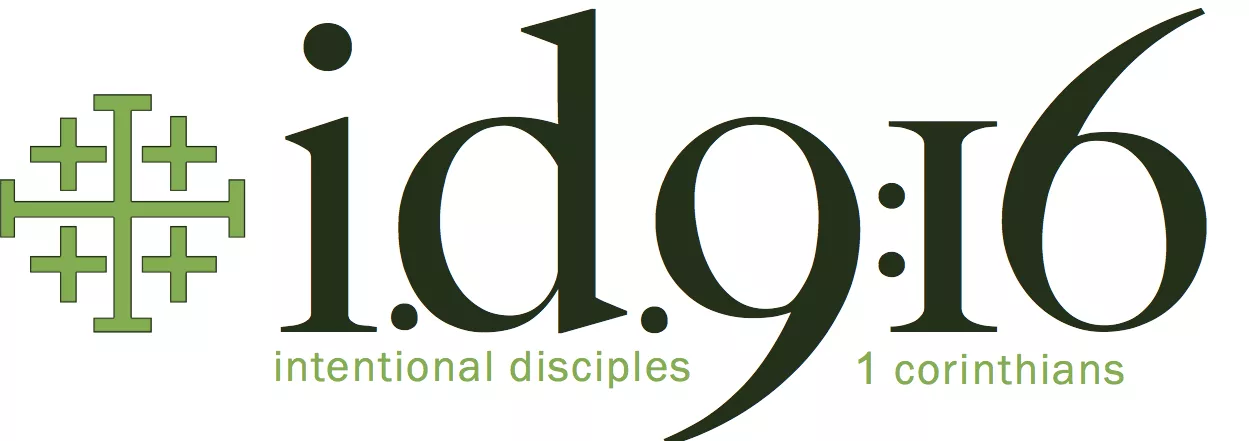“Knowledge” puffs up, but love builds up. If any one imagines that he knows something, he does not yet know as he ought to know. But if one loves God, one is known by him. (1 Cor. 8:2-3)
Isn’t that a bit of an astounding passage? Aren’t we all looking for the Truth? Doesn’t the truth set us free? Yes, but there is a knowledge, which isn’t so much a child of wonder, but is a victim of possession. It becomes something like a tool we love to use. This is a “knowledge” we are happy to have, because it makes us feel important, smart, useful, powerful or safe. It doesn’t build up, it “puffs up”. This “knowledge” is closely linked with covetousness and competitiveness: if a possession gives me my self-worth, then I need to wield it, and seeing it threatened by another’s quality makes me mad, envious or anxious.
In the context of this passage, Paul is speaking on the matter of what food is okay for followers of Jesus to eat. Believers in Corinth were getting high and mighty and moralizing about how certain practices ought to go. Paul says, “Listen, do not pridefully cling to your knowledge of the way things ought to be (or even your knowledge of what leads to salvation!) – none of us knows as well as he should. This kind of ‘knowledge’ just feeds the flesh and puffs us up”.
Christian circles, perhaps Catholic ones particularly, can be filled with people who feel safe in having knowledge. Very reverently may I suggest that there is a kind of near-OCD tendency among some Catholics in which one finds security in having an ordered, mental, hierarchical structure of “the way things are” (especially with practices). That’s not a bad thing, but when it’s threatened or challenged, this disposition can be provoked into an anxiety that uses the truth to fend off this threat.
Now, obviously, the Truth is “the way things are” and it is meant to be freeing, expanding, and healing; it is a very good thing. And authentic knowledge of the Truth is what life is all about! But, the integration of that knowledge, and our response to it, can become twisted. When we cling to a moral or intellectual structure for our sense of peace, this starts to morph into a possession, especially in the sense of the subconscious thought, “No, I have figured this out; I’m right.” Then the truth is in danger of becoming an idol.
God help me if what I’m saying here is interpreted as or leads toward any kind of skepticism. The Truth can be known and it can set us free! But that’s just it: in knowing the Truth, it is more like the Truth knows us. We don’t hold it like someone holds a stick, but we are held by it. We are the subject of knowledge! Authentic knowledge is an encounter, a meeting, and in it we give ourselves to Someone who gives Himself to us and enters into us to make His home in us (John 14:23). The way to authentic knowledge is love. To love what is true: this doesn’t puff us up, rather it builds us up. This doesn’t reduce our “knowledge” to some sort of honor badge or way of asserting ourselves. It allows us to forever stay childlike before it with gratitude and wonder. The Truth should be a way of love: it is a way we are loved and a way we can love others. To this end, we should approach sharing the truth or any knowledge that we have been blessed with as if we are trying to be of service to people (service that they are free to reject).
The only reason to belabor this point is simply to maybe help make us more aware of how we speak and relate to others (and how we relate to what “we know”). It seems like this kind of summary is rising to the top: we ought to have the internal security (and respect for others) to speak in a way that allows for this kind of statement, “You know, I may be wrong and I know that I don’t know everything, but this really seems to be true” not “This is true and I can’t believe you don’t see that”.
The Truth is not a hammer, it is a kiss, an embrace, a lover’s appeal. Let us be doggedly faithful to it as servant-witness of the only thing worth living for. But let us do so without the “knowledge” that puffs up.
And if I have prophetic powers, and understand all mysteries and all knowledge, and if I have all faith, so as to remove mountains, but have not love, I am nothing. (1 Corinthians 13:2)
We do not want to be beginners. But let us be convinced of the fact that we will never be anything else but beginners, all our life! (Thomas Merton)
Joey McCoy
Latest posts by Joey McCoy (see all)
- Prayer: Exposing Our Real “Self” - December 6, 2016
- Let Your Need Be Your Prayer: Addendum - December 2, 2016
- Let Your Need Be Your Prayer - November 29, 2016

